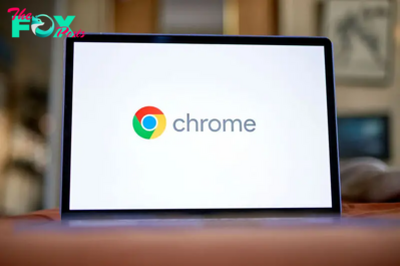Business
How Real-Time Tracking Can Transform Fleet Management for UK Businesses
Managing fleets in the UK is no easy task. Business owners and fleet managers constantly juggle regulations, new technologies, and tight budgets.
The recent delay in the Petrol and diesel ban from 2030 to 2035 adds another layer of complexity, making it essential to find ways to cut costs now while planning for a greener future.
So, what’s the solution? Real-time fleet tracking. It combines GPS Technology with telematics systems to monitor vehicle locations and performance.
Imagine a logistics company in Manchester. Each delivery van is equipped with a GPS tracker and a telematics device. One morning, a driver encounters a road closure due to an accident on the motorway.
The tracking system alerts the fleet manager, who quickly suggests an alternative route. Meanwhile, the telematics system monitors the van’s fuel consumption and engine health. This ensures the vehicle stays in good condition, saving time and fuel and keeping deliveries on schedule.
Cost Pressures in Fleet Management
A recent study found that 76% of fleet decision-makers are delaying electrification, and 78% are holding off on adopting new technologies due to rising costs.
These financial strains are forcing Businesses to downsize fleets, extend vehicle replacement cycles, and anticipate layoffs. While these measures provide short-term relief, they can jeopardise long-term efficiency and sustainability.
Why Adopt Modern Technology Now
Adopting advanced fleet management technology can bring immediate and significant benefits that outweigh the initial investment.
Transforming Route Planning
Traffic jams and road closures can wreak havoc on delivery schedules. With real-time data, fleet managers can quickly adjust routes based on current conditions, avoiding congestion and ensuring deliveries stay on track. This means less fuel wasted sitting in traffic and more efficient operations overall.
Slashing Fuel Costs
Fuel is a major expense, and every drop counts. Modern tracking systems help minimise unnecessary idling–a big fuel waster. They also encourage eco-friendly driving by providing feedback on habits like harsh braking and acceleration. This not only saves fuel but also reduces wear and tear on vehicles.
For businesses looking to streamline their fuel management, integrating fuel cards with fleet management systems is a smart move. Solutions from providers like radius.com offer detailed reports that assist in budgeting and cost control, making it easier to manage expenses
Enhancing Driver Safety
Keeping drivers safe is a top priority. By monitoring behaviours like speed and harsh braking, these systems identify risky habits that need correction. Instant feedback helps drivers improve, reducing accidents and lowering insurance costs. Real-time alerts about potential hazards can prevent accidents, ensuring drivers and the public stay safe.
Compliance and Reporting
Staying compliant with regulations like Hours of Service rules is crucial. These systems simplify the process by generating reports for audits and management reviews, saving time and reducing administrative work. This allows fleet managers to focus more on strategic tasks and less on paperwork.
Take action now
Explore advanced fleet management tools that fit your business needs. By implementing these solutions, you can address current challenges, streamline operations, and prepare for future demands.
Don’t put it off—start today to boost efficiency, manage costs better, and keep your fleet ahead of the comPetition.
-

 Business19h ago
Business19h agoNew Information: These HV Big Lots Are Now Staying Open
-

 Business19h ago
Business19h agoBrush Fire Rages On Near Butternut In Great Barrington, MA
-

 Business1d ago
Business1d agoU.S. Antitrust Regulators Seek to Break Up Google, Force Sale of Chrome Browser
-

 Business1d ago
Business1d agoSuccessful White Men Alone Can’t Create America’s Economic Future
-

 Business1d ago
Business1d agoThe Rise of Silent Services
-

 Business1d ago
Business1d agoTim Latimer
-

 Business2d ago
Business2d agoCarbon offsets can help bring energy efficiency to low-income Americans − our Nashville data shows it could be a win for everyone
-

 Business2d ago
Business2d agoWorkplace diversity training programs are everywhere, but their effectiveness varies widely





















